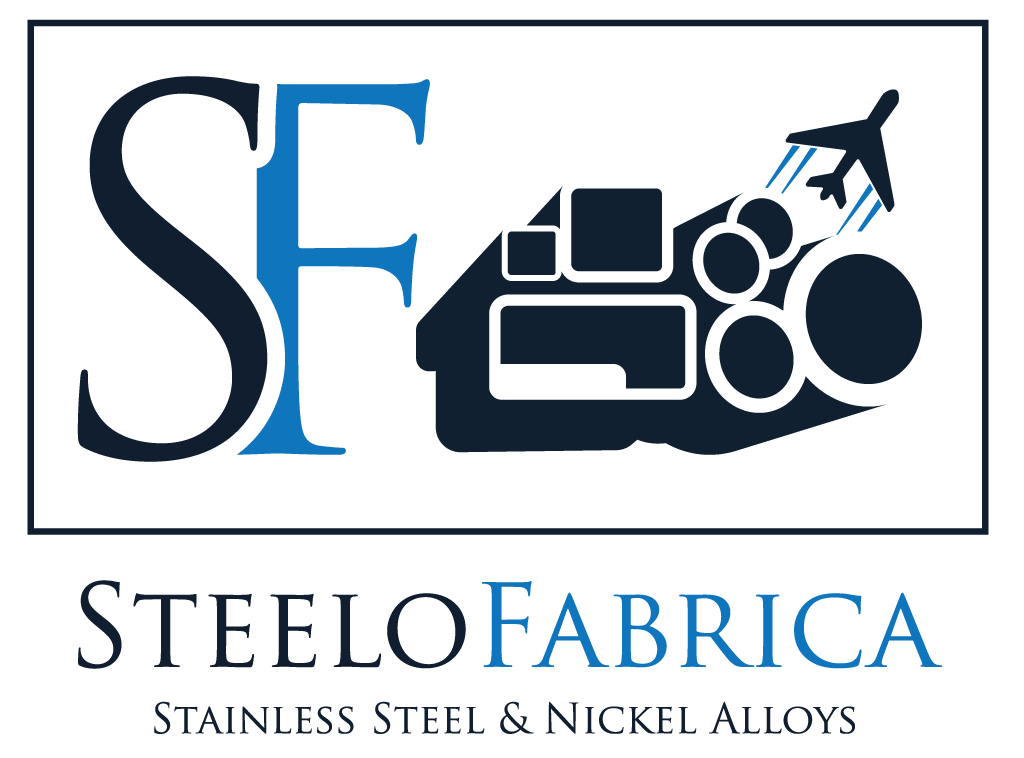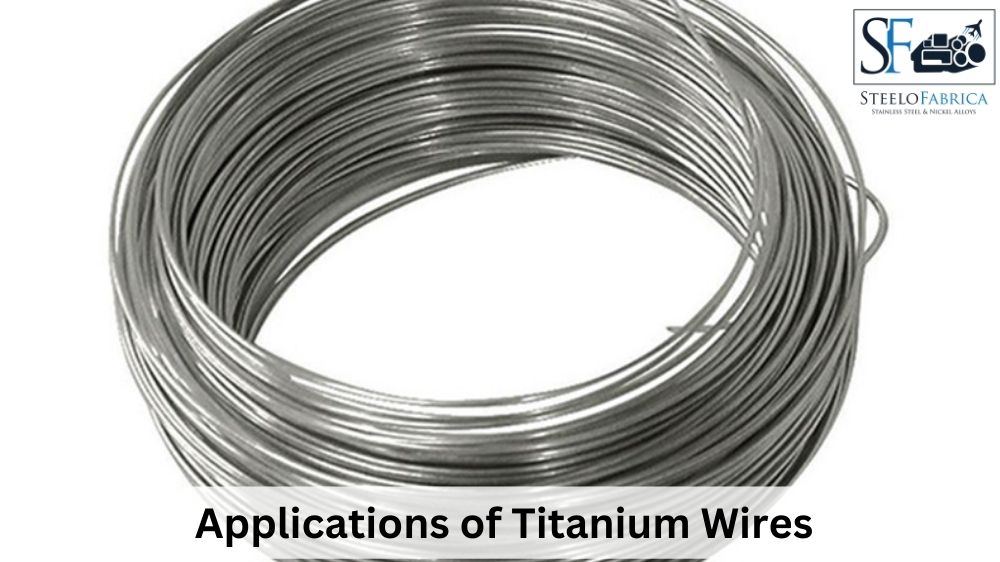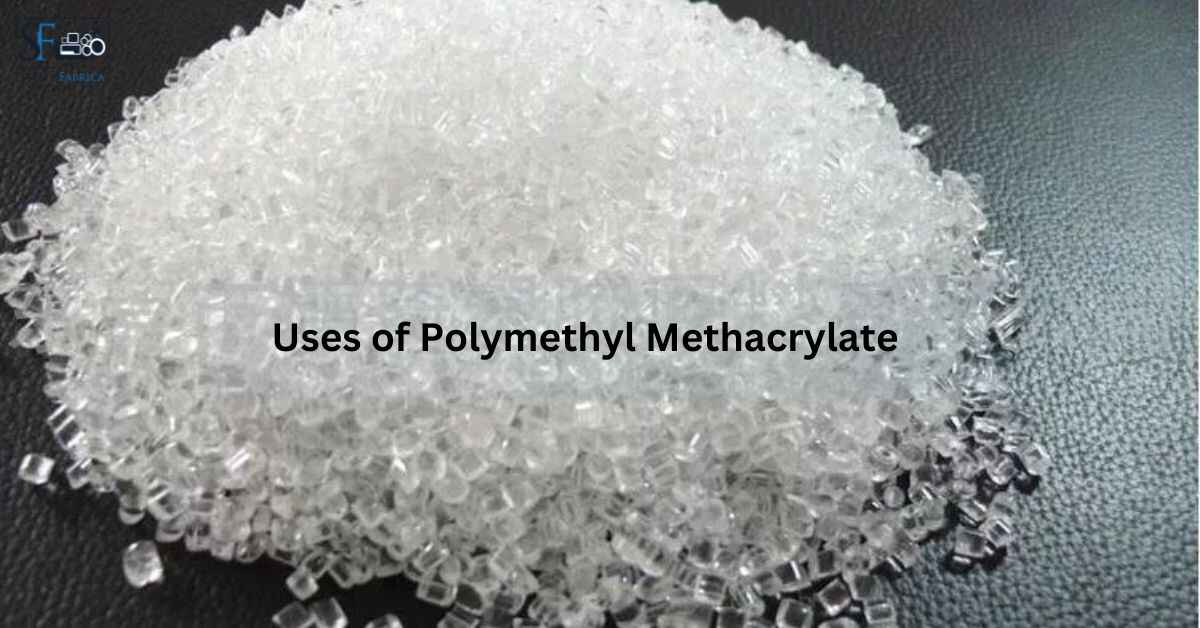Titanium is revered in industrial applications for its remarkable properties, including high strength-to-weight ratio and exceptional corrosion resistance. Among its various forms, titanium wires play a crucial role due to their versatility and specific characteristics. This article explores the types of titanium wires and their applications across different industries.
Types of Titanium Wires
Commercially Pure Titanium Wires (CP Grade)
Grade 1 (CP-1) and Grade 2 (CP-2): Known for their excellent corrosion resistance and high flexibility, these grades are utilized in chemical processing equipment, medical devices, and marine environments.
Titanium Alloy Wires
Ti-6Al-4V (Grade 5): The most widely used titanium alloy, offering high strength, toughness, and corrosion resistance. It is indispensable in aerospace components, automotive parts, and biomedical implants.
Ti-6Al-4V ELI (Grade 23): A medical-grade variant of Grade 5, biocompatible and used extensively in orthopedic implants, surgical instruments, and dental applications.
Other Titanium Alloys: Including Ti-3Al-2.5V (Grade 9) and Ti-5Al-2.5Sn (Grade 6), these alloys provide specific mechanical properties suited for aerospace, marine, and industrial applications.
Applications of Titanium Wires
Aerospace Industry
Titanium wires are vital for manufacturing lightweight components such as aircraft structures, engine parts, and landing gears due to their high strength-to-weight ratio and resistance to fatigue and heat.
Medical and Dental Fields
Used for orthopedic implants, surgical instruments, and dental braces due to biocompatibility, corrosion resistance, and tissue integration properties.
Chemical Processing
Resistant to corrosive chemicals and high temperatures, titanium wires are ideal for chemical reactors, heat exchangers, and desalination plants.
Marine and Offshore
Employed in marine environments for ship hulls, offshore oil rigs, and underwater pipelines due to resistance to seawater corrosion and erosion.
Automotive Industry
Contribute to lightweight automotive designs, enhancing fuel efficiency and performance in components like exhaust systems, springs, and suspension parts.
Sporting Goods and Consumer Products
They are utilized in sporting equipment such as golf clubs, bicycle frames, and camping gear due to durability, strength, and aesthetic appeal.
Conclusion
Titanium wires, available in various grades and alloys, offer unique properties that cater to diverse industrial applications ranging from aerospace and medical to automotive and consumer goods. Their superior strength, corrosion resistance, and biocompatibility make them indispensable materials in modern manufacturing, driving innovation across multiple sectors globally. Whether in challenging environments or precision applications, titanium wires continue to redefine possibilities in engineering and technology.





